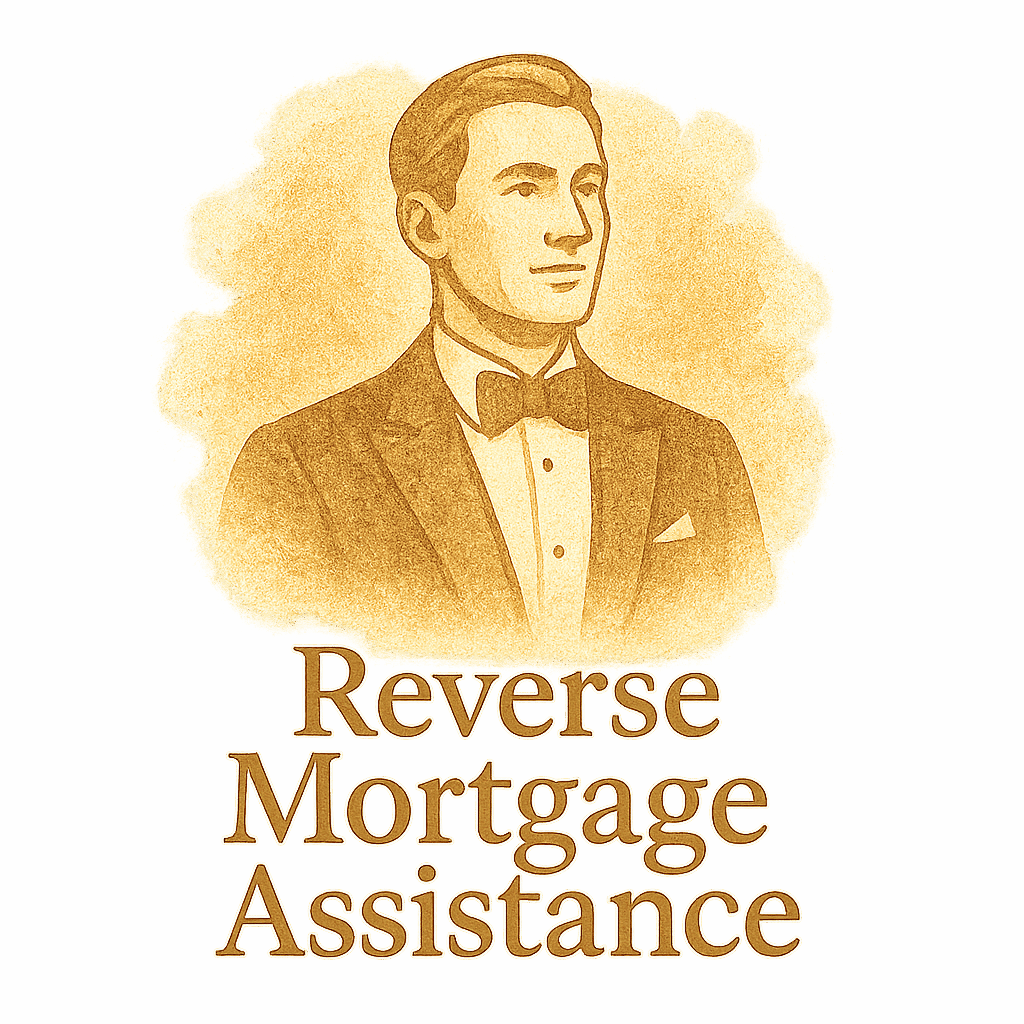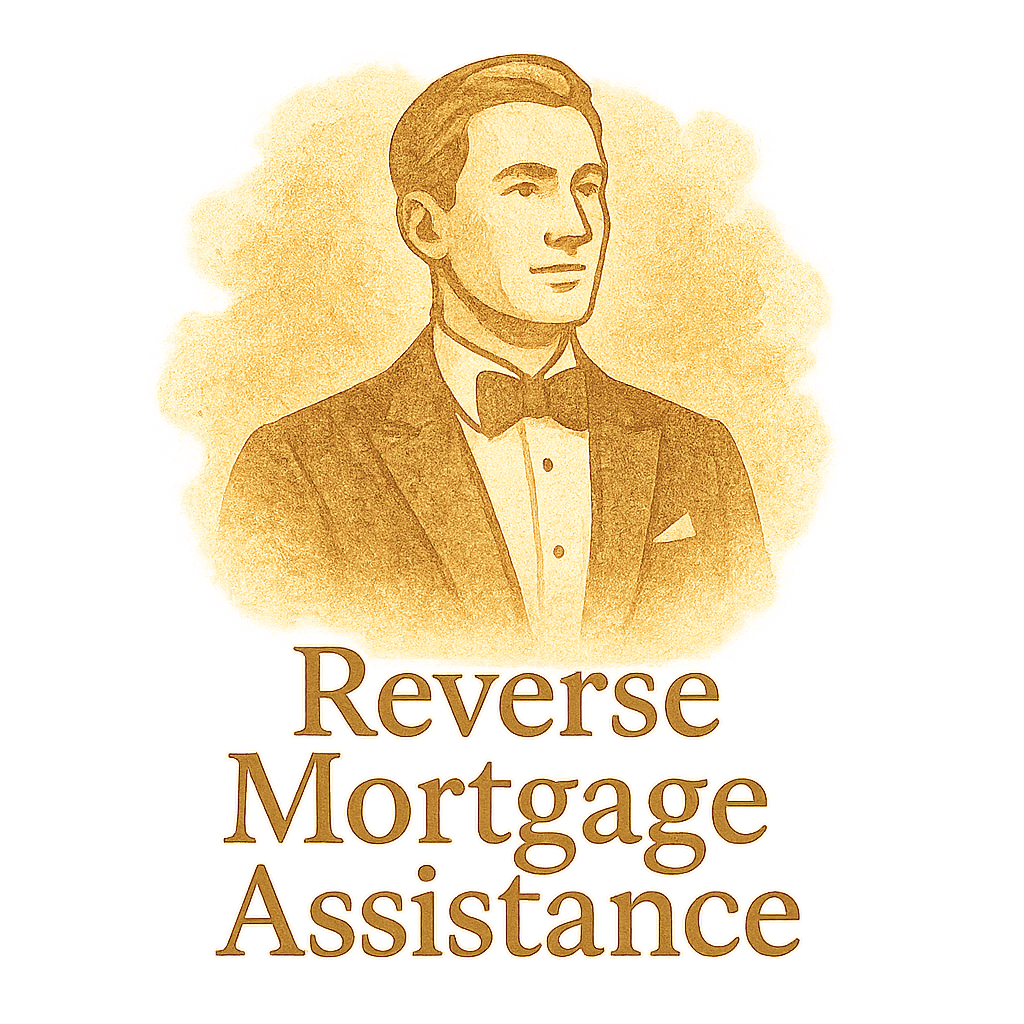Introduction
Reverse mortgages often get a bad rap—and honestly, it’s not always fair. You’ve probably heard whispers from neighbors, headlines in the news, or even advice from well-meaning friends that make these loans sound terrifying. But here’s the thing: many of those warnings are based on outdated or just plain wrong information.
In this guide, we’re busting the top 10 reverse mortgage myths that may be stopping you from making a smart financial move. Ready to clear the air? Let’s dive in.
Myth 1: “I’ll Lose My Home If I Get a Reverse Mortgage”
The Truth About Home Ownership and Reverse Mortgages
This is hands down the biggest fear. But guess what? It’s also the biggest myth.
When you take out a reverse mortgage, you’re still the owner of your home. That means your name stays on the title, and you can live there for as long as you want—so long as you keep up with property taxes, insurance, and basic upkeep.
👉 Want to dig deeper? Check out the Reverse Mortgage Basics page for a full breakdown.
Myth 2: “Reverse Mortgages Are Only for Desperate Seniors”
Smart Retirement Planning Tool
Sure, some people turn to reverse mortgages during tough times. But more and more retirees are using them as a proactive strategy—not a last resort.
Used wisely, a reverse mortgage can:
- Eliminate monthly mortgage payments
- Fund long-term care
- Delay Social Security for higher future payouts
It’s not about desperation—it’s about smart retirement planning. Don’t believe the hype? Browse some real Mortgage Case Studies for proof.
Myth 3: “I Won’t Qualify If I Still Have a Mortgage”
Understanding Loan Eligibility
Here’s some good news: you can still qualify even if you owe money on your current mortgage. The key is that the reverse mortgage must be large enough to pay off your existing loan.
Once that’s done, you’ll never make a monthly mortgage payment again. That’s a game-changer for many seniors.
Get the full scoop on comparisons and eligibility in the Loan Comparison Guide.

Myth 4: “My Heirs Will Be Stuck With Debt”
What Happens to the Loan After Death
It’s natural to worry about your kids, but rest easy: your heirs are not personally responsible for your loan balance.
Here’s what happens:
- Your heirs can repay the loan and keep the home
- Or they can sell the home and keep the equity
- If the home’s value is less than the loan? The FHA covers the difference
Learn more about how equity works in this Equity Tag Section.
Myth 5: “Reverse Mortgages Are a Scam”
Legal Protections and Government Backing
This one’s been floating around forever. But here’s the truth:
- Most reverse mortgages are federally insured
- They come with strict Legal & Regulatory protections
- Lenders must follow detailed rules and provide required counseling
In short? Reverse mortgages are highly regulated. If you stick with a reputable lender, you’re not falling for a scam—you’re making a well-informed decision.
Myth 6: “I Can’t Leave My Home to My Children”
Inheritance and Equity Options
This is just flat-out false.
Your heirs absolutely can inherit your home. If they want to keep it, they can repay the loan (often by refinancing). If they’d rather sell, they can—and they’ll get to keep any remaining equity.
Want to learn more about the legal side of inheritance? Visit the Legal Terms Tag.
Myth 7: “Reverse Mortgages Are Too Complicated”
Demystifying the Process
We get it. There are some complex terms and paperwork involved. But the process is a lot more straightforward than it seems—especially when you’ve got the right guidance.
Everything from eligibility to payout options is explained in everyday language during mandatory counseling sessions.
Feeling overwhelmed? Mortgage Planning resources can help you walk through it step by step.
Myth 8: “I Can’t Use the Money Freely”
Spending Your Reverse Mortgage Funds
Here’s the fun part: you can use your reverse mortgage money however you like. Some popular choices?
- Cover medical bills
- Travel
- Renovate your home
- Help out family
- Pay off high-interest debt
As long as you’re responsible, the sky’s the limit.
Explore how others are using their payouts in our Retirement Tag Stories.
Myth 9: “They’re All the Same – No Need to Compare”
Why Loan Comparison Matters
Just like traditional mortgages, not all reverse mortgages are created equal. Comparing lenders, fees, interest rates, and payout options can save you thousands.
Skip the guesswork—start with this easy Loan Comparison guide.
Looking for tools? Our Loan Comparison Tag section has you covered.
Myth 10: “It’s a Last Resort, Not a Financial Strategy”
Integrating It Into a Long-Term Plan
Let’s be real: a reverse mortgage can be part of a smart financial game plan, not just a backup plan.
Some savvy homeowners use it to:
- Supplement retirement income
- Fund Roth conversions
- Pay off debt without dipping into investments
If you’re into planning for outcomes, you’ll love our Outcomes section for ideas.
Conclusion
Reverse mortgages come with a ton of baggage—most of it undeserved. When you break down the myths, what you’re left with is a flexible, well-regulated financial tool that can help you live more comfortably in retirement.
You deserve to make decisions based on facts—not fear. So take this knowledge, explore your options, and don’t let outdated myths hold you back.
Need more clarity? Explore everything we’ve mentioned here by starting at the Reverse Mortgage Assistance homepage.
FAQs
1. Are reverse mortgages only for people over 62?
Yes, reverse mortgages are available to homeowners aged 62 and older who meet the equity and occupancy requirements.
2. Will I owe more than my home is worth?
No. Reverse mortgages are non-recourse loans, meaning you or your heirs will never owe more than the home’s value.
3. Can I refinance a reverse mortgage later?
Absolutely. Many homeowners refinance their reverse mortgages to access more funds or better rates.
4. Is counseling required before applying?
Yes, independent counseling is mandatory to ensure you fully understand the reverse mortgage process.
5. How do taxes and insurance factor in?
You must continue paying property taxes and homeowners insurance to avoid default.
6. What’s the difference between a reverse mortgage and a home equity loan?
Unlike a home equity loan, you don’t make monthly payments with a reverse mortgage—it’s paid back when you leave the home.
7. Where can I compare reverse mortgage offers?
Start with this helpful Loan Comparison Page to evaluate your options.


